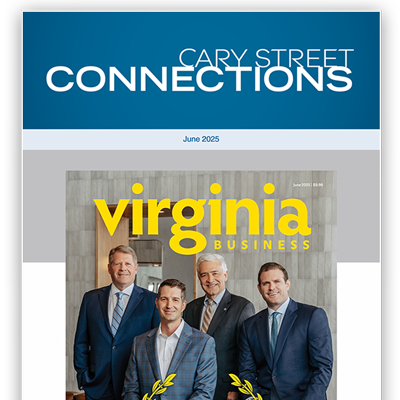When leaving your job one of the most frequent questions employees have is:
“What should I do with my 401(k) balance?”
First, the answer is: Do not panic. You do not have to make an immediate decision. There is no required timeframe for rolling over your 401(k) to your new employer.
In regards to your 401(k), your options can be summed up in three general categories:
Rollover your 401(k) balance to either your new firm’s 401(k) plan or to an IRA
Consider rolling over your 401(k) balance into your new employer’s 401(k) plan or an IRA.
An IRA is an Individual Retirement Arrangement, which is an account for your retirement savings. You can delay paying taxes on this money until it is withdrawn. Instead of the money being managed by your employer, it is a personal plan that you can manage yourself. Even if you change jobs, the IRA is not affected.
This avoids taxes and penalties, allows you to have greater control over your funds, and keeps your retirement savings consolidated. If the transfer is done as a direct rollover, no taxes will be withheld.
Note that employers are now required to automatically send the plan balance to an IRA if it is between $1,000-$5,000.
Keep your plan balance in the 401(k) plan
The second option is to leave your balance in your old employer’s 401(k) plan. You may choose to do this if you have a large amount in your retirement account and want to stay with the same plan portfolio. To do this, you must have at least $5,000 invested, all of which must be invested during your time with that company (not rolled over from other companies).
A common risk with keeping your money with your old employer is that they may have a difficult time keeping your contact information up to date. You also might forget that it is there when you need it!
Take a lump-sum distribution in the form of a check
A lump-sum distribution is the payment of the full 401k balance, either all at once or within one year.
Out of the three options, this is usually the least preferred since you will have to pay federal and possibly state taxes, and likely penalties, costing you potentially upwards of 40% of your balance. This should only be done if you are in urgent need of money and have no other alternatives.
Get retirement advice today!
Overall, the ideal option depends on your situation. Not sure which option is best for you? Contact our retirement services professionals today to make smart choices for your future.
 Raymond James (R.J.) Reibel, CRPS®
Raymond James (R.J.) Reibel, CRPS®
Financial Advisor, Retirement Benefits, Managing Director
Call | Email
 Paula Megan, CFP®
Paula Megan, CFP®
Associate Financial Advisor, Retirement Benefits, Assistant Vice President
Call | Email
 Scott Bussells, AIF®
Scott Bussells, AIF®
Financial Advisor, Retirement Benefits, Vice President
Call | Email
Cary Street Partners is the trade name used by Cary Street Partners LLC, Member FINRA/SIPC; Cary Street Partners Investment Advisory LLC and Cary Street Partners Asset Management LLC, registered investment advisers. These materials are furnished for informational purposes only. Materials have been compiled from sources believed to be reliable; however, Cary Street Partners does not guarantee the accuracy or completeness of the information presented, or any summaries, conclusions, or opinions based on such information. Such information is not intended to be complete or to constitute all the information necessary to evaluate adequately the consequences of investing in any securities, financial instruments, or strategies described herein.
CSP2022122

